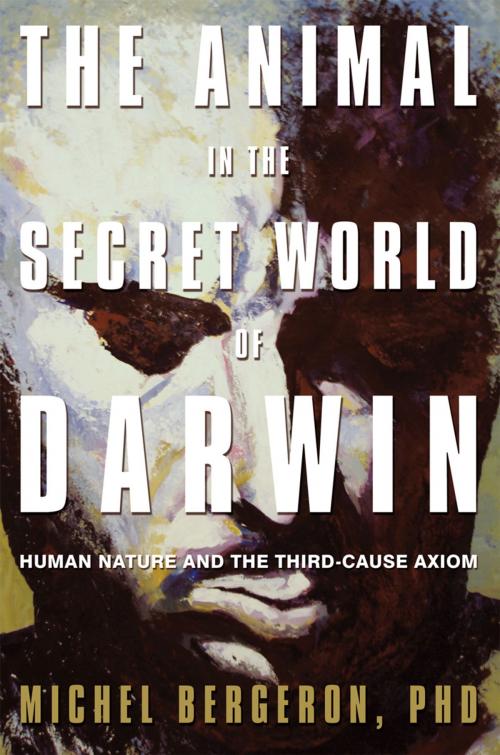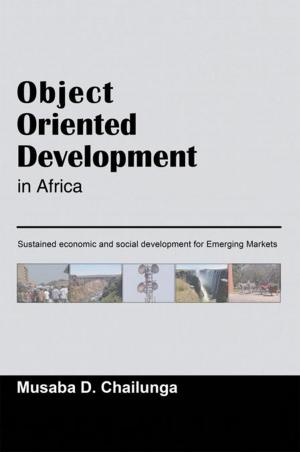The Animal in the Secret World of Darwin
Human Nature and the Third-Cause Axiom
Nonfiction, Science & Nature, Science, Biological Sciences, Evolution| Author: | Michel Bergeron | ISBN: | 9781450292054 |
| Publisher: | iUniverse | Publication: | March 3, 2011 |
| Imprint: | iUniverse | Language: | English |
| Author: | Michel Bergeron |
| ISBN: | 9781450292054 |
| Publisher: | iUniverse |
| Publication: | March 3, 2011 |
| Imprint: | iUniverse |
| Language: | English |
Scientist Charles Darwin discretely opened the possibility of a purely animalistic origin for the human species. He repeatedly insisted that the differences between humans and others were a question of degree only. Sciences were, however, taken in the opposite direction, where these differences cannot have been generated by the natural processes of biological evolution.
In The Animal in the Secret World of Darwin, author Michel Bergeron discuses the effects on the sciences caused by the presence of questions on humanity only answerable with religious beliefs. His investigation suggests that significant elements of perceived humanity have remained sufficiently narrowly defined to continue to agree with religious beliefs over the entire period starting with the scientific revolution centuries ago and reaching the present. Instead, he questions, could we be the simple animal who can only live on the belief not to be a simple animal?
To alleviate these biases on the sciences of life, Bergeron advocates a different synthesis between Darwinism and Lamarckism. He further asks: How can sciences pretend to a cosmology neutral in term of religious influence since all of its complex mathematical developments were made under the constraint that we can link the present directly to the Big Bang?
Scientist Charles Darwin discretely opened the possibility of a purely animalistic origin for the human species. He repeatedly insisted that the differences between humans and others were a question of degree only. Sciences were, however, taken in the opposite direction, where these differences cannot have been generated by the natural processes of biological evolution.
In The Animal in the Secret World of Darwin, author Michel Bergeron discuses the effects on the sciences caused by the presence of questions on humanity only answerable with religious beliefs. His investigation suggests that significant elements of perceived humanity have remained sufficiently narrowly defined to continue to agree with religious beliefs over the entire period starting with the scientific revolution centuries ago and reaching the present. Instead, he questions, could we be the simple animal who can only live on the belief not to be a simple animal?
To alleviate these biases on the sciences of life, Bergeron advocates a different synthesis between Darwinism and Lamarckism. He further asks: How can sciences pretend to a cosmology neutral in term of religious influence since all of its complex mathematical developments were made under the constraint that we can link the present directly to the Big Bang?















